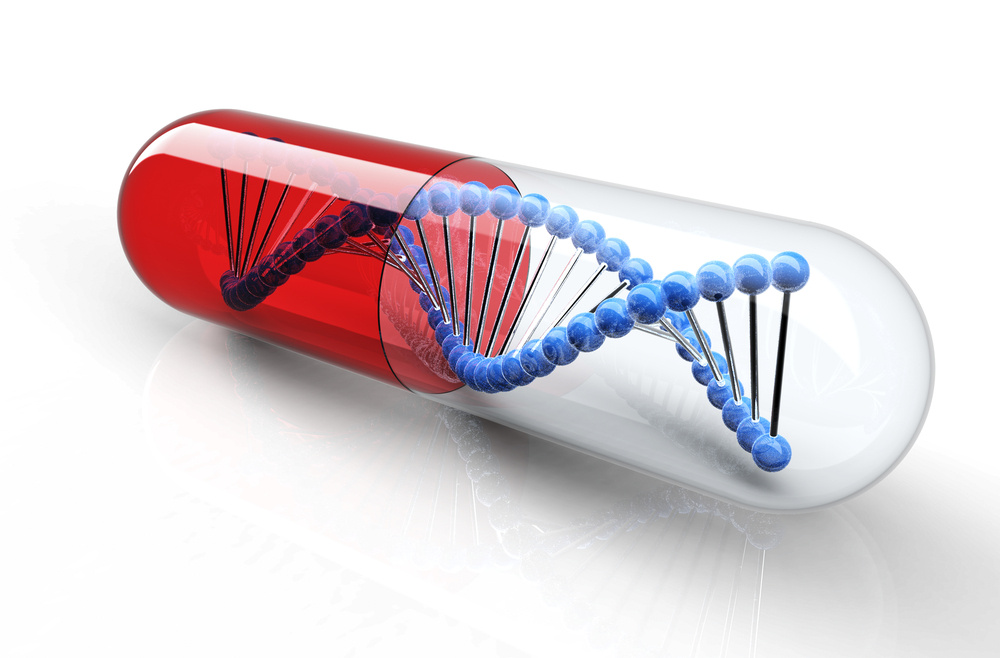Overcoming Addiction in the Deaf and Hard of Hearing Community: Challenges and Support
Substance abuse and addiction affect more than 20 million people in the United States, and nearly five million Americans are believed to have a co-occurring disability. Research, for example, indicates that alcohol and drug addiction is a significant problem among deaf and hard of hearing people. According to the Hearing Loss Association of America, nearly 48 million people in America have some form of hearing loss. Debra Guthmann, a former president of the National Association on Alcohol, Drugs, and Disability, estimates that one in seven deaf people in the United States suffers from substance dependency, as compared to one in ten hearing people. Individuals struggling with addiction in the deaf and hard of hearing (DHH) community face unique obstacles in accessing proper support and treatment, such as:
- Communication barriers: Many treatment facilities and support groups rely on verbal communication, making it difficult for individuals who are deaf or hard of hearing to fully participate and/ or engage in therapy sessions or group discussions.
- Lack of accessible information: Although required under the Americans with Disabilities Act (ADA), information about addiction and recovery programs are not always readily available in formats accessible to the DHH community, such as American Sign Language (ASL) videos, captioned materials, or visual content.
- Social isolation: The DHH community can experience social isolation due to communication barriers, which may exacerbate feelings of loneliness and make it harder to find support from peers.
- Limited specialized treatment programs: Despite the existence of substance use disorders in the deaf community, not all rehab centers in the U.S. offer the level of accommodation people with hearing loss may need.
- Stigma: Misunderstandings and stigma surrounding addiction within the DHH community is not uncommon. Misconceptions about addiction and limited awareness of available resources might prevent individuals from seeking help, fearing further isolation or discrimination.
Overcoming addiction in the deaf and hard of hearing community requires a concerted effort to address these challenges, and provide the DHH community with:
- Accessible treatment programs: Addiction treatment centers should provide communication options (e.g., sign language interpreters, utilizing video relay services, providing written materials and/ or visual aids, etc.) that can adequately accommodate the DHH community.
- Properly trained healthcare professionals: To ensure members of the DHH community receive appropriate care, healthcare providers, counselors, and therapists should undergo thorough training in addressing individuals with disabilities at all levels, including in medical school, graduate psychology and counseling programs, social work programs, etc.
- Culturally Competent Care: Professional training resources, including workshops, conferences, and other community events designed to improve the skills and knowledge of addiction treatment providers regarding the deaf community, should be developed and universally implemented, as understanding their unique needs, challenges, and cultural sensitivities is crucial for providing effective care.
Through implementing tailored solutions and promoting inclusivity, it is possible to provide accessible and effective support for recovery within the deaf and hard of hearing community.
For Information and Support
Substance abuse and addiction can be incredibly dangerous and can result in severe short and long-term consequences. If you or someone you know is suffering from substance abuse or addiction, please get help as soon as possible. The earlier you seek support, the sooner you and your loved ones can return to leading happy, healthy, and fulfilling lives. There is no reason to go through this alone, and we are here to help. Please feel free to reach out to us for further information or with any questions regarding substance abuse or addiction. We are available anytime via telephone at: 213-389-9964, or you can always email us at: info@friendlyhousela.org



